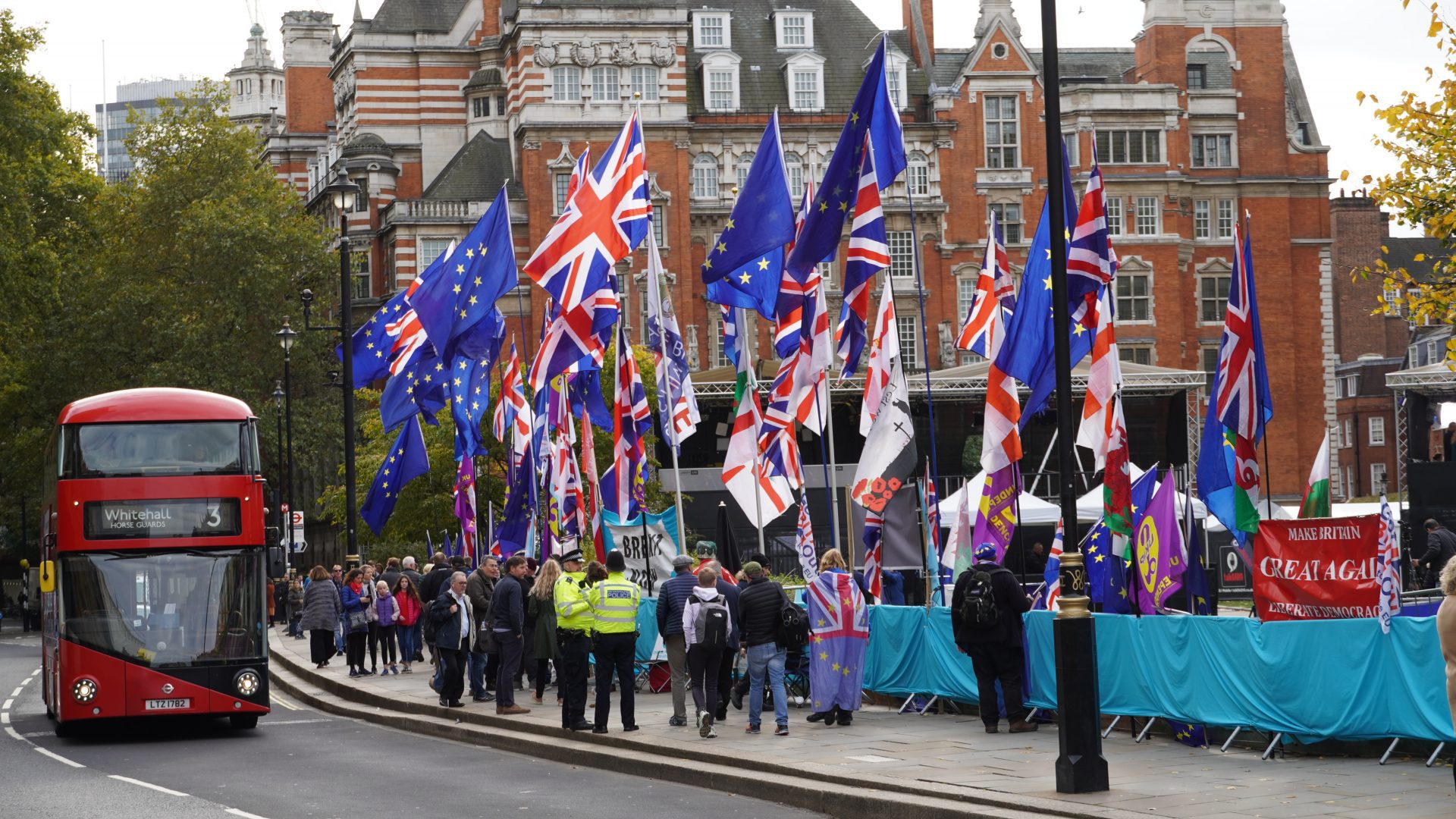The All Faiths Network is a UK charity that reaches into some twenty-five different belief and faith traditions. Open to people of every faith and belief recognized in law (such as under the Equality Act 2010) without discrimination. Formally established on 30 August 2011, its charitable objects include to promote religious harmony for the public benefit, and to work for positive, inclusive dialogue.
Beginning this month, they released a brief yet complete collection of articles of what many of their affiliated denominations have been doing to help society during this COVID-19 pandemic and how they envision the present and the future. It is the most comprehensive yet brief collection of evidenced facts of what People of Faith DO in times of need.
It is the most comprehensive yet brief collection of evidenced facts of what People of Faith DO in times of need.
The European Times News
The circumstances surrounding COVID-19 brought about an unprecedented change in people’s lives on a scale as never before, at least in modern history. Lockdown, protection of the vulnerable, protection of self, poor and mixed government advice and evaluation, vested interests – all are part of the picture that has enveloped us and we have become since early 2020. This book is not the place to get into the rights and wrongs of government, corporate or global management of the crisis. But it is the place to go into how people of many faiths, and none, have responded to the crisis with the goodness of their hearts, inspired by their different spiritual awareness – and by doing so, rising above the crisis to make something positive from it.
YOU WILL FIND THE FOLLOWING ARTICLES
■ Introduction, by Martin Weightman
■ What Is The All Faiths Network
■ COVID-19 Pandemic & Persecution of Religious & Spiritual Minorities,
Fighting for Freedom, by Alessandro Amicarelli
■ Rising Above The Challenges Of COVID-19: One Jewish View
by Rabbi Jeff Berger
■ Scientology London Volunteer Ministers: Response To COVID-19
by Tracey Coleman
■ Ateker International Development Organisation Response
by HRH Paul J. Eganda
■ Ahmadiyya Muslim Community Response: Innocent Lives Matter
by Sheikh Rahman
■ WHD: Creating A Million Humanitarian Impressions
by Dr. Abdul Basit Sayed
■ Muslims And The Pandemic
by Sheikh Ramzy
■ Sikh Perception On COVID-19
by Rabinder Sohil
■ Hindu Community: Rising To The Challenge Of The Pandemic
by Ashwin Soni
■ Women Worship Gospel Music Awards
by Rev. Precious Toe
■ 2020 & Beyond: Sanskruti’s Journey & Pursuits
by Ragasudha Vinjamuri.














